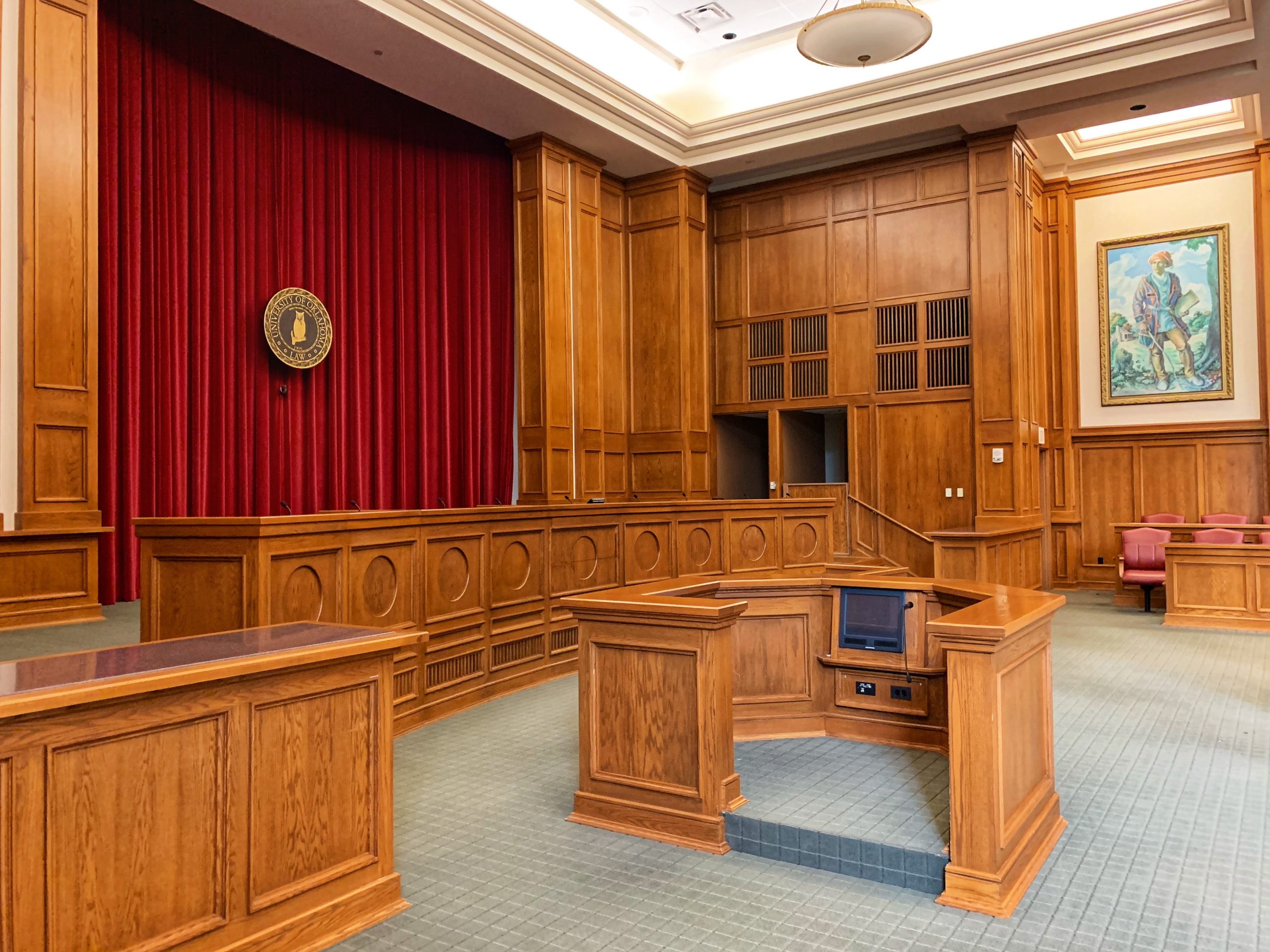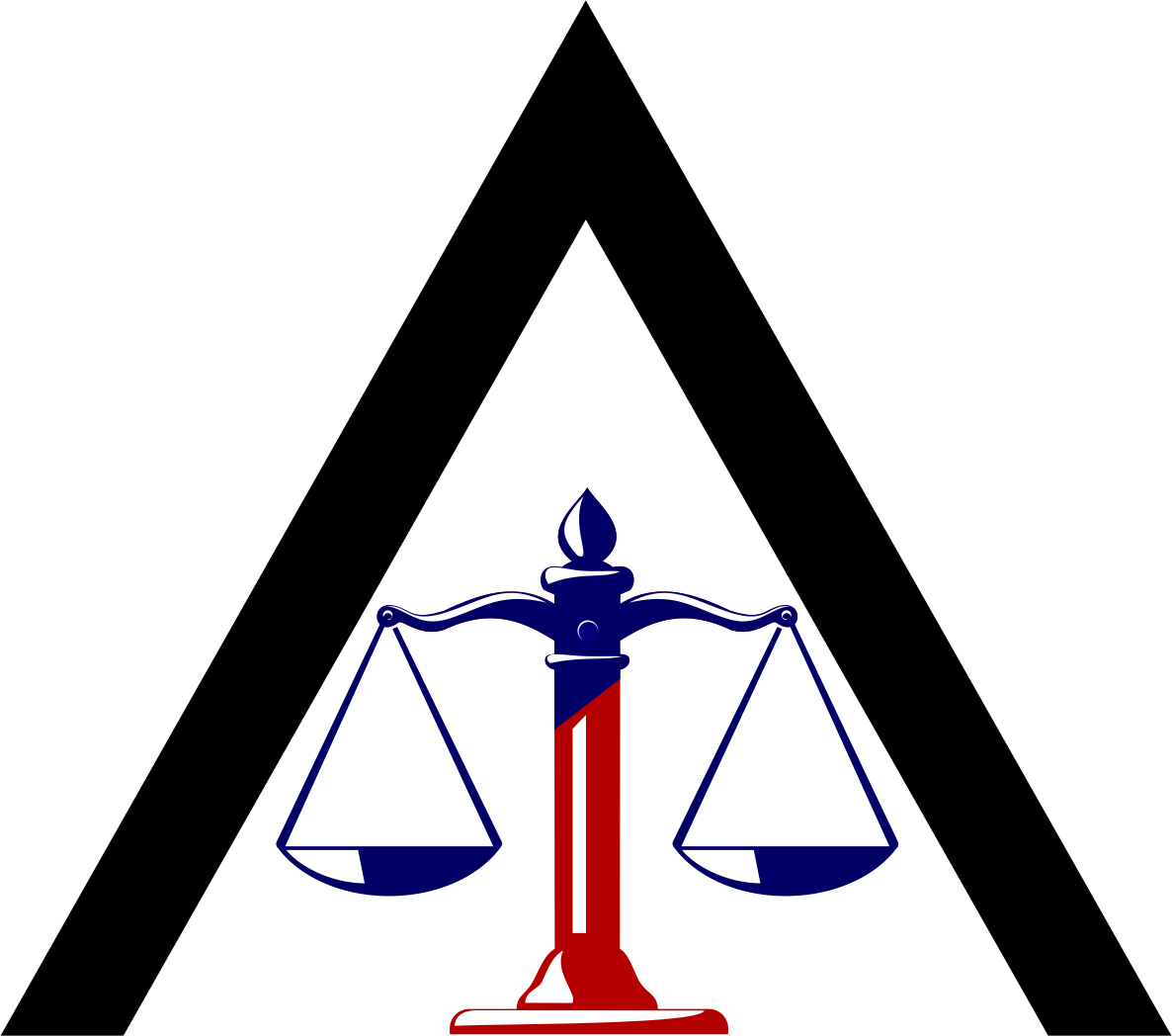The government has the power to strip an individual of their freedom and indeed their life. For this reason, our founders adopted the Bill of Rights, which enshrines certain individual liberties and restricts the power of government.
Within this system, the government’s power to prosecute individuals for the commission of criminal offenses is wielded by the prosecuting attorney. Under our laws, the prosecuting attorney typically has discretion to: (1) investigate crimes; (2) determine whether sufficient evidence exists to charge an individual with a criminal offense; and (3) pursue a conviction that may result in imprisonment or death. If justice is to prevail, the prosecutor’s awesome power must be balanced by a legal acknowledgement of the prosecutor’s awesome responsibility to pursue justice.
Justice for victims and for our society cannot be obtained by prosecutorial misconduct or the unjust conviction of the innocent. Thus, while the prosecutor must be permitted to employ a certain degree of discretion to complete his, her or their task, it is essential that a prosecutor’s discretion be constrained in a manner consistent with the highest ethical standards of the legal profession and the constraints of our state and federal constitutions.
Though most prosecutors meet this standard, too many examples of improper conduct by prosecutors have been documented and unjust convictions of innocent persons have occurred. The National Registry of Exonerations 2020 Annual Report issued March 30, 2021, reports that 129 individuals were exonerated in 2020 of crimes for which that they had previously been convicted and incarcerated. Each exoneree served an average of 13.4 years prior to being exonerated. Of the 129 exonerations that occurred in 2020, 87 involved instances of official misconduct, including 61 murder convictions.
For this reason, part of the mission of the Foundation for Prosecutorial Accountability is educating key stakeholders on the scope of the problem and existing systemic problems that either fail to deter prosecutorial misconduct or incentivize such misconduct.




